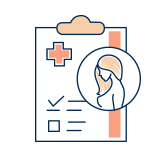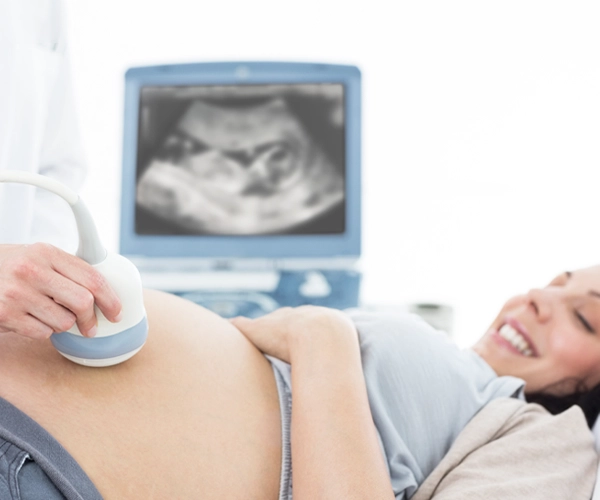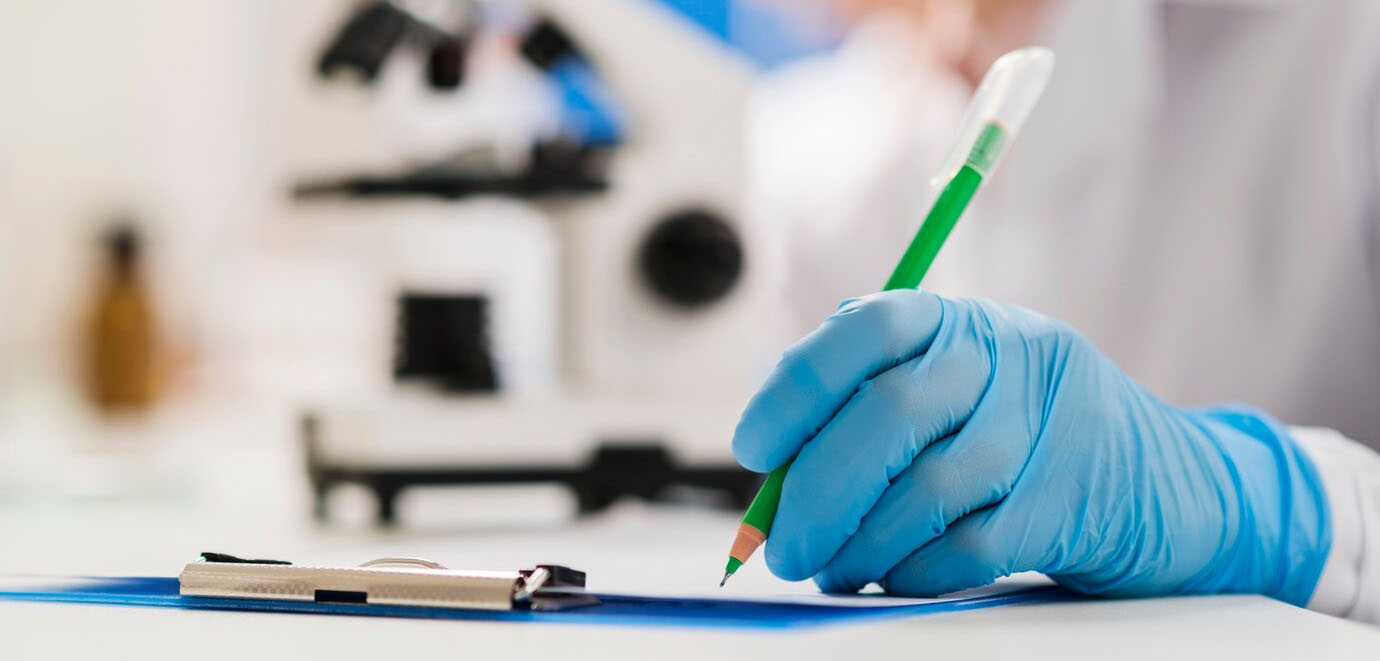Endometrial receptivity test

Identifying the optimal timing of the endometrium for embryo transfer

Assessment of endometrial microbiota

Why take this Endometrial Receptivity Test?
Tambre has two different tests to determine endometrial receptivity. Thanks to the ES-TIME test we can identify the optimum time for the endometrium to transfer the embryo, i.e. define exactly when pregnancy is most likely to occur.
And with the ES-META test, we evaluate the microbiota of the endometrium and its suitability to receive the embryo, since the presence of pathogens can cause implantation failure, recurrent miscarriages and other complications.
We increase your chances of pregnancy
The most complete endometrial evaluation with a single biopsy
The importance of endometrial wellbeing
The health of the endometrium, together with the quality of the embryo, is a crucial factor in achieving a successful pregnancy. Knowing when the endometrium is ready to allow the embryo to implant is a key part of the process in IVF-assisted reproduction treatments.
This stage of the endometrium is called endometrial receptivity and, theoretically, in 28-day menstrual cycles, the period in which the endometrium has the best conditions for embryo implantation to take place, the so-called window of implantation, occurs on days 18-21 of the cycle. In other words, between 5 and 7 days after ovulation the endometrium is at its most receptive. This is when it has the optimal thickness for implantation and the nutrients necessary for the development of the placenta and, therefore, for achieving a viable pregnancy.
If the embryo reaches the uterus before or after this window of implantation, it will have less chance of attaching to the endometrium and therefore of developing a pregnancy, even if the embryo is of good quality.
Furthermore, it should be borne in mind that endometrial receptivity is conditioned by hormonal, endocrine, inflammatory or immunological factors. Hence the need to check the health of the endometrium and assess the presence and quantity of certain pathogens that may be behind implantation failures and repeated miscarriages.

What does the Endometrial Receptivity Test consist of?
ES-TIME provides information on the implantation window, determining the stage of the endometrium: pre-receptive, receptive or post-receptive. This test is suitable for women who suffer from infertility of unknown cause or who have suffered recurrent implantation failures.
ES-META (Microbiome Endometrial Typing Analysis) is a test that we recommend for patients suffering from infertility of unknown cause, who have suffered repeated miscarriages or implantation failures, or who have recurrent episodes of vaginosis.
The results of ES-META give us information on whether or not pathogens (bacteria, viruses, fungi) are present in the endometrium. Similarly, this study reveals the proportion of lactobacillus (which are beneficial for reproductive health), and the rest of the microorganisms that make up the microbiota. These species will be typed to determine whether the composition is favourable or may be interfering with fertility.

How is the endometrial receptivity test procedure performed?
To perform the endometrial receptivity test it is necessary to perform an endometrial biopsy, which we perform in our clinic. To perform the ES-TIME test, the patient must undergo endometrial preparation in the same way as she would for an embryo transfer. The difference is that, instead of transferring the embryo, the gynaecologist will perform an endometrial biopsy in the consultation room.
The ES-META test does not require endometrial preparation and can therefore be performed at any time during the cycle.
Both tests (ES-TIME and ES-META) can be performed from a single biopsy, and the Tambre specialists will send it to a specific laboratory which will analyse the sample and send the results in about two weeks.

Treatment options after detecting endometrial receptivity failures
If the ES-TIME study shows that the window of implantation is displaced, as occurs in approximately 25-30% of patients, a personalised embryo transfer will be carried out.
If the ES-META test detects any alteration, our medical team will prescribe a specific treatment to restore the endometrial microbiota and reduce the possible progression of diseases that may affect the achievement of pregnancy.
If the patient does not respond well to endometrial preparation, we can inoculate the patient’s own platelet-rich plasma (Endometrial PRP) into the endometrium in order to achieve cell proliferation of the endometrial tissue to facilitate embryo implantation.


Specialists in Advanced Reproductive Medicine
45 years of medical excellence.
We design tailor-made treatments
State-of-the-art assisted reproduction laboratory
Our own andrology laboratory.
- RI Witness™ for the safety and traceability of gametes.
- GERI®: Embryo Incubator®.
- Fenomatch, we find the right egg donor and/or sperm donor and match them with you.
- Zymot-ICSI (Chip Fertile), selection of the best sperm before ICSI.
- You will have your own gynaecologist and nurse, except for emergencies, and the same medical team will follow your case in depth and attend you from the beginning to the end of the treatment.
- You will have a consultant from our Specialised Tambre Care team who will support you and answer any question you may have throughout the whole process.
We stay with you
Our support team is always at your side for whatever you need
Shall we call you?
Our support team is always at your side for whatever you need
or send us an email to atpaciente@clinicatambre.com





